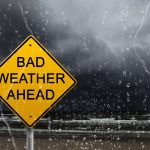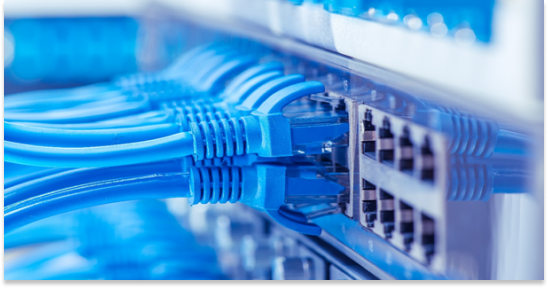Does the Weather Affect Fiber Internet Speeds?
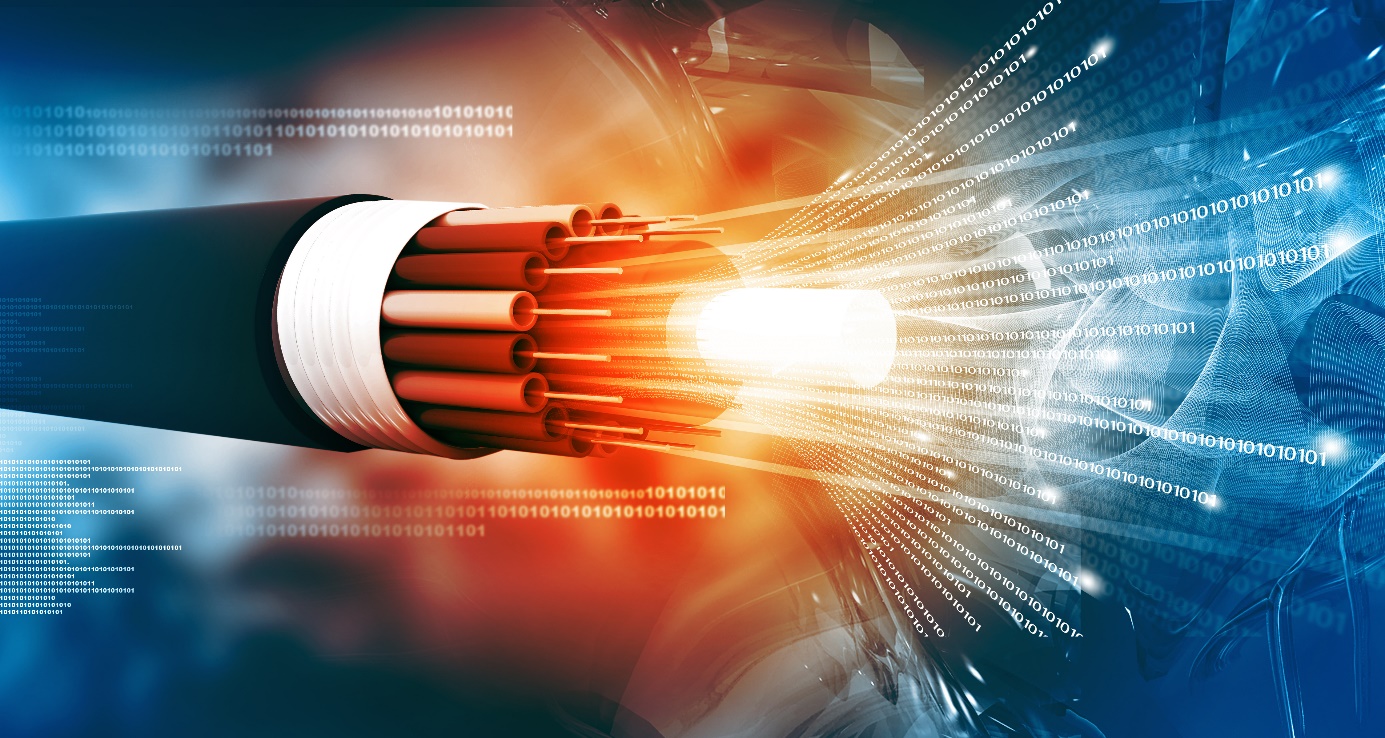
Does the Weather Affect Fiber Internet Speeds?
How does weather affect fiber internet speeds? Fiber internet is built to withstand almost all types of weather, but storms can still affect your internet speeds and reliability. Moisture, wind, and frost can damage fiber optic cables, slowing down your connection or even taking you temporarily offline. To maintain uninterrupted service when changes in weather affect fiber internet speeds, back up your connection with a fixed wireless failover that takes over if your fiber internet fails.
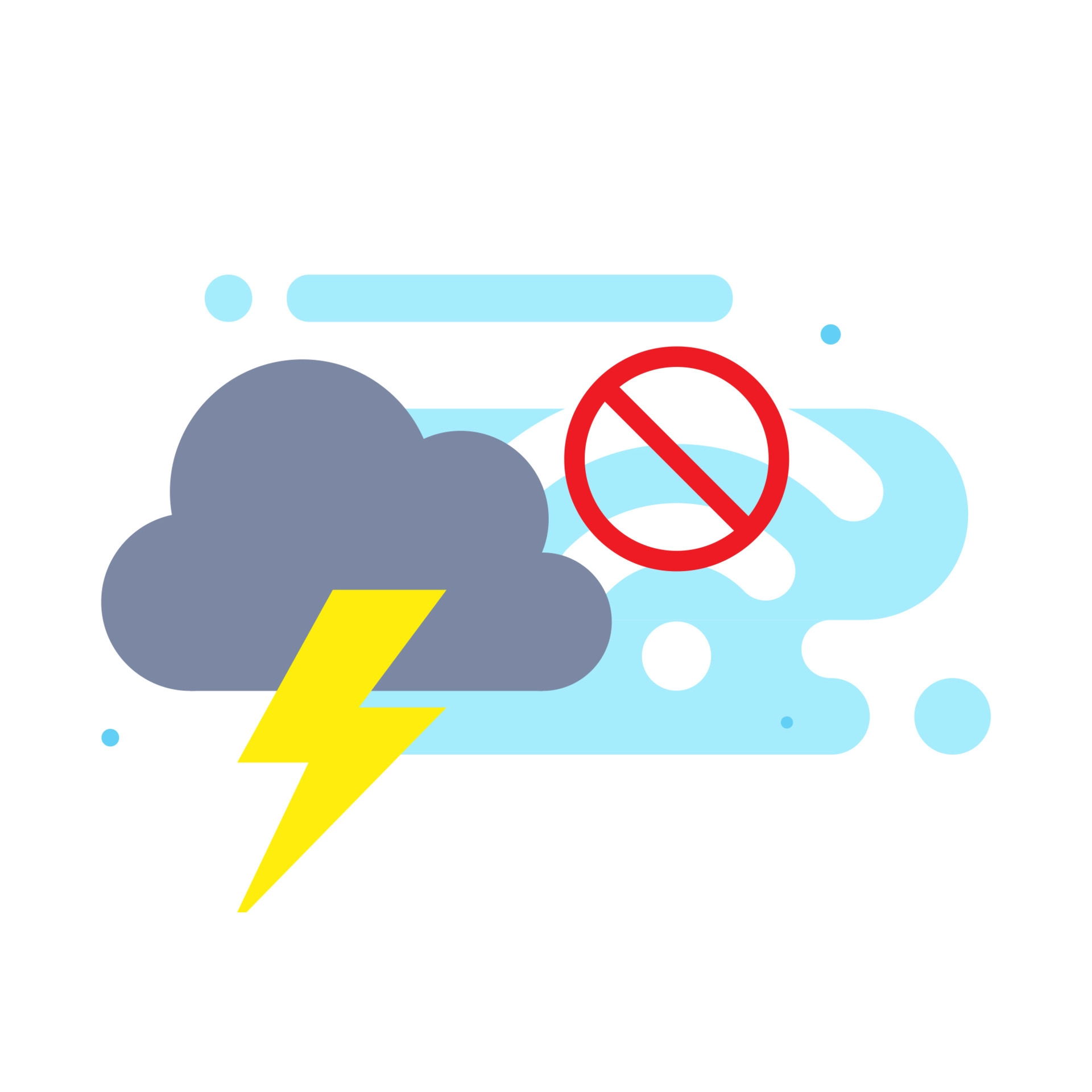
How does fiber internet work?
There are two major types of internet connections: wired and wireless. Wired connections use vast networks of cables to connect subscribers to the Internet, while wireless connections use radio waves to transmit online data across cellular towers. Fiber internet is a wired internet option that uses fiber optic cables to transfer online data between network clients and hosts.
While large networks of fiber optic cables make up a big portion of the fiber internet infrastructure, they aren’t the only physical touchpoints. Fiber networks also include:
- A fiber headend, the master facility for the entire fiber network
- Fiber hubs, smaller, regional telecommunications facilities
- Fiber exchange nodes, processing links that serve local communities
Does Rain Affect Fiber Internet?
Wet weather can be hard on fiber networks. When moisture gets in cables, it interferes with internet signals and reduces speeds. Even though fiber optic cables typically have waterproof casings and connectors, rain can penetrate damaged or poorly installed cables. Cables are most vulnerable to moisture at the ends, which is why proper connectors are key.
If the damage is severe, it can cause a complete internet outage. Cables also aren’t the only part of the network vulnerable to high winds and electrical storms, a strong storm can damage any physical touchpoint in the network. If lightning hits a fiber headend, hub, or exchange node, it can completely take down service for a large section of the network.
Do Strong Winds Affect Fiber Internet?
Strong winds can damage or snap suspended cables. Even if strong winds don’t completely tear down a cable, a worn or scratched cable is more vulnerable to moisture. If your fiber internet speeds dip every time it rains, there might be a damaged cable somewhere in your network.
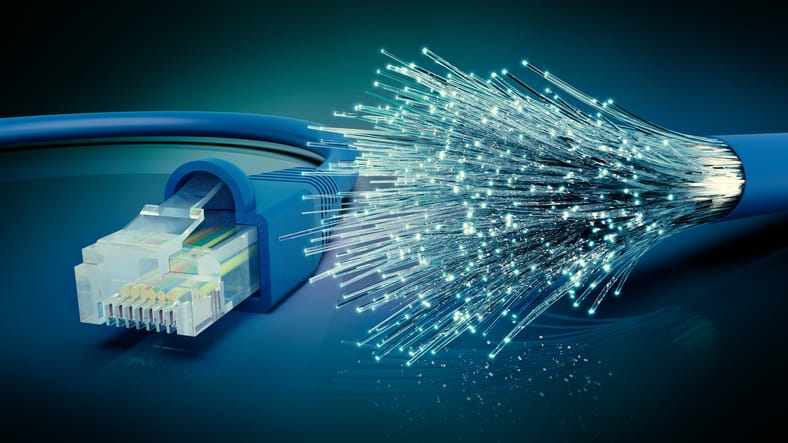
Do Cold Temperatures Affect Fiber Internet?
Fiber optic cables can withstand both hot and cold temperatures, but frost heaves from cold weather can damage buried cables. Strong winds, ice, and snow from a winter storm can also damage suspended cables and other exposed network infrastructure.
Stay online with a fixed wireless internet failover
Internet failover is an extra internet connection that kicks in when your fiber connection goes down. It gives you uninterrupted access to the internet, even in bad weather. With a failover, your router senses when it goes offline and immediately switches to a backup connection.
Because wireless internet connections have fewer physical touchpoints, they’re usually more reliable in bad weather. As a result, many homes and businesses use fixed wireless internet as the failover for their fiber internet connection. Fixed wireless internet keeps your Wi-Fi online by connecting to 5G or 4G LTE in bad weather. It’s like a mobile hotspot, but faster and stronger.
EvdodepotUSA Broadband Internet
Fixed wireless internet is a great option for people who need a reliable failover for fiber internet, as well as those looking for a primary internet option somewhere without fiber access. To discover failover options, start a chat or call us at (866) 439-6630 for a free coverage check.


